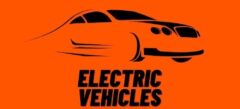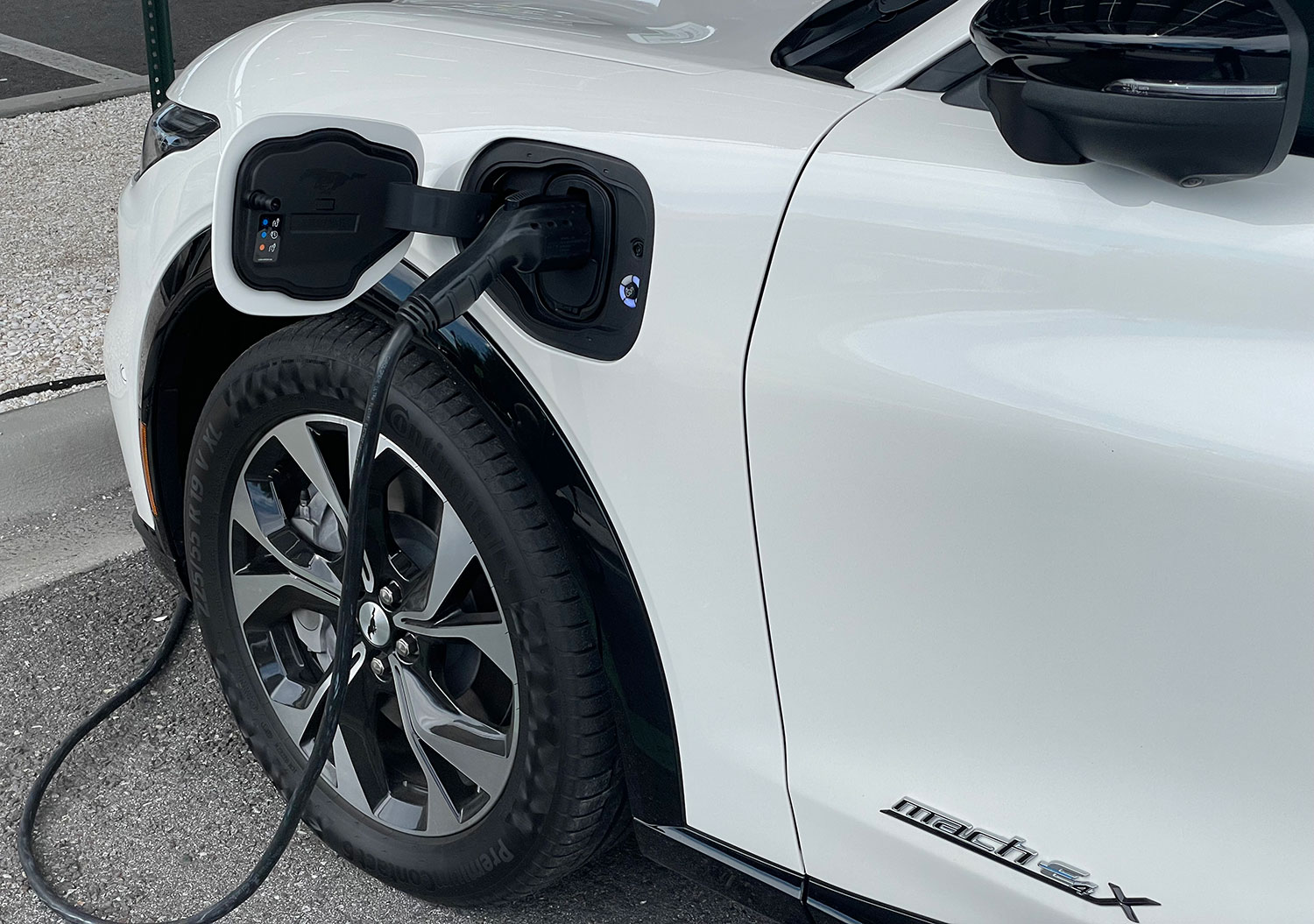[ad_1]
Should electric utilities be allowed to own EV charging stations? In a free-market economy, it’s generally considered unhealthy for companies that produce a product or service to also own the distribution channels—that’s why liquor companies don’t own bars (in the US), and airlines don’t own airports. For an example of the evils that can result when this principle is violated, consider social media companies, which make their profit from ad sales on “public” networks that they own.
A proposed state law in Minnesota has brought the issue of utility ownership of public EV charging to the fore. HF 413 consists of a package of pro-EV measures, including a $2,500 rebate for EV purchases and a requirement that government fleets procure electrified vehicles when practical. Another interesting item: Any auto dealer that sells EVs must have at least one employee who has completed an EV training course.
Another provision of the proposed law would require utilities to file transportation electrification plans every three years, and it’s a single sentence in this section that has folks up in arms. These electrification plans may include “investments and incentives to facilitate…the deployment of…electric vehicles [and] customer- and utility-owned electric vehicle charging stations.”
A national advocacy group called the Charge Ahead Partnership, most of whose members represent retail chains, says that allowing ratepayer-supported utilities such as Minnesota’s Xcel Energy to own public charging stations would discourage private companies from entering the field.
Similar legislation has been enacted in New Mexico and Colorado, where Xcel also operates. The utility has submitted a plan to the Minnesota Public Utilities Commission to add 730 high-speed charging stations across Minnesota between 2024 and 2026.
Utility ownership of public EV chargers has “a chilling effect on anyone even pondering making private investment,” Ryan McKinnon, a spokesperson for the Charge Ahead Partnership, told Utility Dive.
“Because they’re the ones…selling the electricity, [utilities] don’t apply demand charges to their own stations,” McKinnon said. (Demand charges, fees that utilities levy on commercial users at times of peak power usage, can be extremely high, and they’re the bane of DC fast charging operators.) “As a result, they’re able to sell EV charging at a rate that no private entity would be able to compete with, because it’s being subsidized by all the ratepayers.”
This battle has been raging for a few years in California. The state Public Utilities Commission recently approved a new state rebate program for EV charging investments, but specified that utilities could not benefit from the rebates. “Utilities will not be permitted to own any of this infrastructure,” said former CPUC Commissioner Clifford Rechtschaffen last November.
Few would (openly) argue that state-sanctioned monopolies should be allowed to squeeze independent companies out of nascent markets. However, as we’ve seen in the context of the California debates, some EV advocates believe that the top priority should be bringing more public charging online as quickly as possible, and utilities are in a position to do this without worrying about making profits in a low-margin business.
Meanwhile, oil companies are muscling into the public charging biz in a big way, and we can’t help but note that, whereas utilities have incentives to make public charging convenient and cheap, Big Oil has every incentive to do the opposite. Banning utilities from owning chargers might not lead to the result that advocates of small business want to see. Another observation: the Charge Ahead Partnership includes a few EV charging providers and other industry stakeholders, but the vast majority of its members appear to be gasoline retailers.
Source: Utility Dive
[ad_2]
Source link




